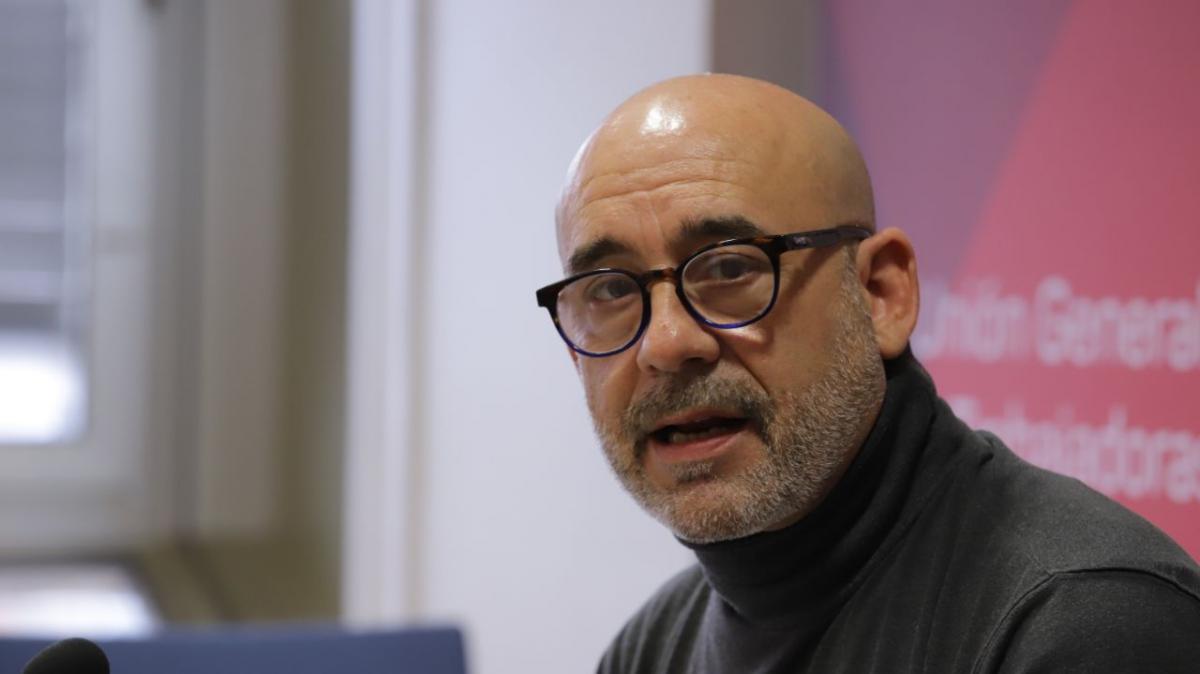National Day of Mourning: Work shouldn’t hurt
On National Day of Mourning April 28, PSAC recognizes the exemplary work of PSAC members who saved countless lives defending the health and safety of workers during the pandemic.
From mandating employers to develop COVID-19 protocols, administrative controls and ventilation and sanitation policies, unions and activists have played a key role in keeping workers safe. Their work has been possible because of the strong health and safety legislation, compliance and enforcement that unions have fought for to protect workers in Canada and around the world.
Unfortunately, not all workers have access to these same protections, and we have a responsibility to ensure all workers have a right to a safe workplace.
In Canada, many workers, especially gig economy workers, do not have basic health and safety protections like the right to know about hazards in the workplace. Other workers, including long-term care, gig and frontline workers, have insufficient sick days and limited health and safety protections. In the 2022 budget, the federal government has committed to providing 10 days of paid sick leave for federally regulated workers, but these benefits need to be extended to all workers.
That’s why PSAC and other unions are pushing governments to make occupational health and safety a fundamental right at work through the United Nations’ International Labour Organization (ILO). Here, we organize together under the same vision: work shouldn’t hurt.
Both in Canada and around the world, millions of people continue to die because of their work. The most recent data from the Association of Workers’ Compensation Boards of Canada (AWCBC) shows that in 2019, 925 workplace fatalities were recorded in Canada. That’s on top of the 271,806 accepted claims for lost time due to a work-related injury or disease.
Canada must be a leader and act to ratify and implement core ILO health and safety conventions that guarantee occupational health rights and protections for all workers, as well as protections against violence and harassment.
PSAC also recommits to hold all employers to the highest standards of health and safety in the workplace, so all workers can go home safely at the end the day.
You can observe the National Day of Mourning by:
- Attending a local ceremony in your community
- Showing your commitment on social media with the Canadian Centre for Occupational Health and Safety’s share graphics and the hashtag #DayofMourning
- Using PSAC’s Day of Mourning background during online meetings
- Downloading the CCOHS poster and displaying it in your workspace
#iwmd22
Source







